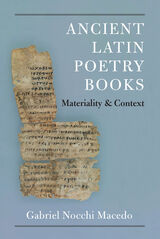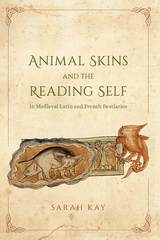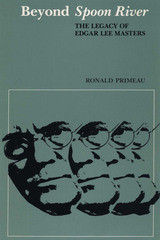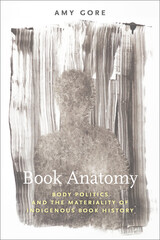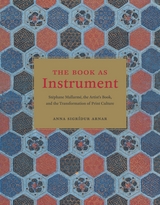The Climate Trial: Law and Justice on a Melting Planet
Duke University Press, 2026
Cloth: 978-1-4780-2972-4 | Paper: 978-1-4780-3317-2 | eISBN: 978-1-4780-6191-5 (standard)
See other books on: Caribbean & Latin American Studies | Chemistry | Environmental | Environmental Science | Justice
See other titles from Duke University Press
Cloth: 978-1-4780-2972-4 | Paper: 978-1-4780-3317-2 | eISBN: 978-1-4780-6191-5 (standard)
ABOUT THIS BOOK | AUTHOR BIOGRAPHY
ABOUT THIS BOOK
Saúl Luciano Lliuya guides tours in the mountains and his family grow corn, wheat, barley, and potatoes on their farm in Huaraz, Peru, a community of more than 100,000 people in the Andes near Palcacocha, a glacial lake. Palcacocha, however, is growing, as is the major flood risk to Huaraz. Climate change through the emission of greenhouse gases continues to melt the Peruvian glaciers—greenhouse gases that come from corporate polluters not just in Peru, but across the industrialized world. So, Luciano Lliuya decided to sue. Although the German energy company RWE has never operated in Peru, Luciano Lliuya sought to hold the company, which uses coal power generation, liable for damages in a groundbreaking case that, despite being dismissed, established that major emitters can be held liable for climate harms. In The Climate Trial, anthropologist Noah Walker-Crawford draws on years of personal involvement with the lawsuit and extensive fieldwork in Peru and Germany to follow the people, legal strategies, scientific arguments, and political tensions that have shaped the trial. More than a courtroom drama, The Climate Trial is a deeply human story about moral responsibility in a changing world and what it means to be a “good neighbor” while living thousands of miles away.
See other books on: Caribbean & Latin American Studies | Chemistry | Environmental | Environmental Science | Justice
See other titles from Duke University Press

